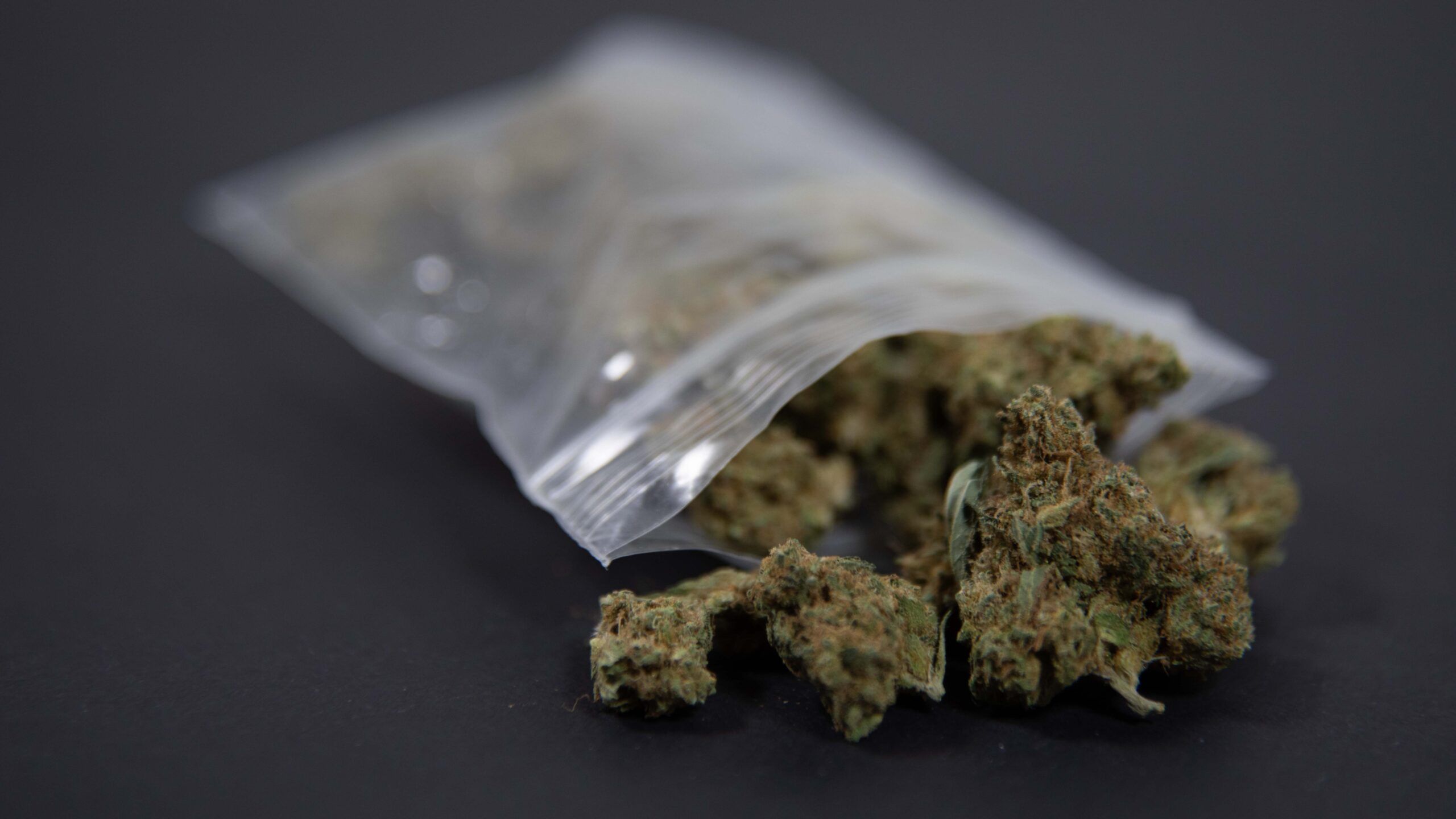Since New Jersey legalized recreational cannabis in February 2021, discussions have emerged regarding its impact on crime rates and illegal activities. While some anticipated a surge in crime, data and studies suggest a more nuanced reality.
Overall Crime Rates Remain Stable
Contrary to early fears, comprehensive analyses indicate that cannabis legalization has not led to significant increases in overall crime rates. A 2021 report by the Cato Institute concluded that marijuana legalizations at the state level have had minor effects on crime, with most claims by both supporters and critics overstated. Similar findings have been echoed in industry reports suggesting some regions even saw crime reductions following legalization.
Cannabis-Specific Offenses Decline
One of the most noticeable effects of legalization in New Jersey has been the dramatic reduction in cannabis-related arrests. Prior to legalization, police made approximately 100 marijuana possession arrests each day. Since adult-use sales began, those numbers have dropped substantially, preventing tens of thousands of low-level arrests and easing pressure on the criminal justice system.
Emergence of Industry-Specific Crimes
While broader crime rates have remained largely unaffected, the newly regulated cannabis market has introduced its own set of challenges. In particular, illegal enterprises have exploited regulatory loopholes. For example, unlicensed “gifting” operations—where cannabis is given as a free item attached to another purchase—have led to criminal investigations and shutdowns. In one well-publicized case, a gifting business in Ocean County was shut down after its owner was charged with unlicensed distribution and money laundering.
Persistent Racial Disparities
Despite the overall drop in cannabis-related arrests, racial disparities continue to cast a shadow over the industry. Prior to legalization, Black residents in New Jersey were arrested at disproportionately higher rates for marijuana possession compared to white residents, despite similar usage patterns. While legalization was expected to address these disparities, reports from civil rights organizations indicate that without robust expungement programs and equitable licensing practices, systemic inequality still lingers in the post-legalization era.
In Summary
Legalizing cannabis in New Jersey has not resulted in a rise in crime, as some critics predicted. In fact, it has eliminated thousands of minor possession arrests, unclogging court systems and reducing interactions with law enforcement. However, legalization has also prompted a need for enforcement against unregulated activity and sparked conversations about fairness, equity, and the long-term social outcomes of cannabis reform. As the state continues to expand its legal market, the focus will likely remain on refining regulation and ensuring justice for communities long affected by prohibition.

